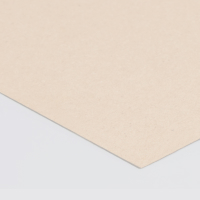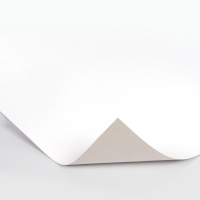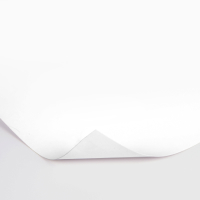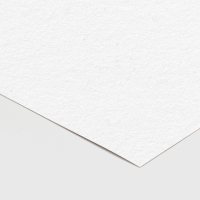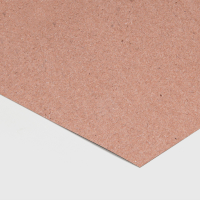What is corrugated cardboard?
When discussions about packaging arise, it’s easy to get confused with the many available materials that are out there. We’re all used to hearing the standard word “cardboard” in this context and generally, we don’t think much further than that. Here you’ll learn everything you need to know about corrugated cardboard.
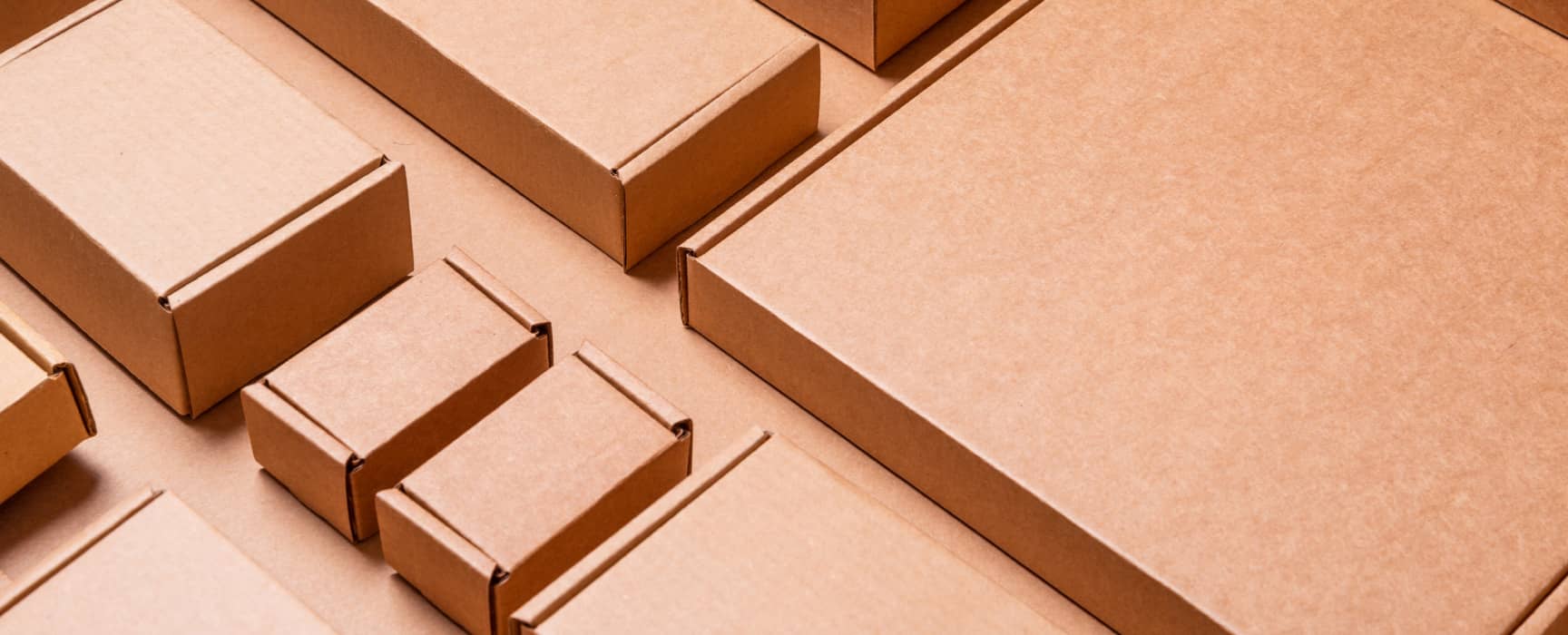
Overview
The conventional corrugated cardboard box has 3 fiberboard layers that make up its corrugated composition. The outer facing layer is the “outer liner”, the middle wavy layer is the “flute” and the inside facing layer is the “inner liner”.
The everyday corrugated box is most commonly used as a shipping box as the walls provide the much needed protection from the roughest of handling.
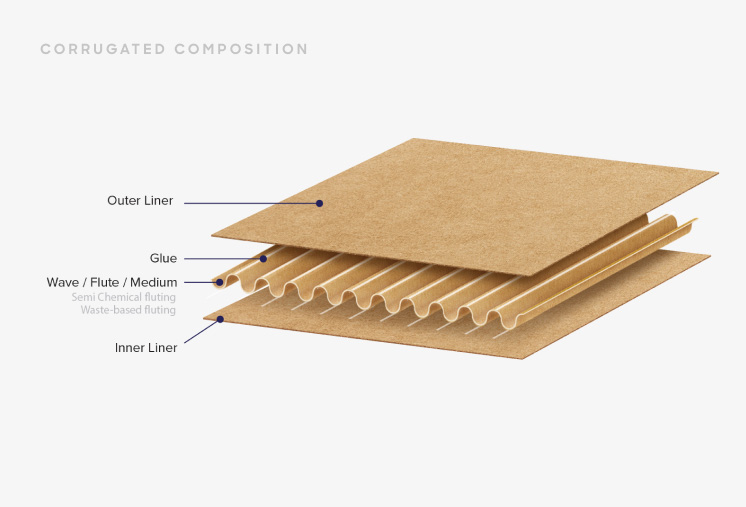
Corrugated vs. Carton
As we delve further into corrugated packaging and its uses, its essential to set the scene by talking about the key differences between corrugated versus carton and why its important.
Key differences
- Raw materials used for the packaging
- Weight
- Durability
- How the packaging is used
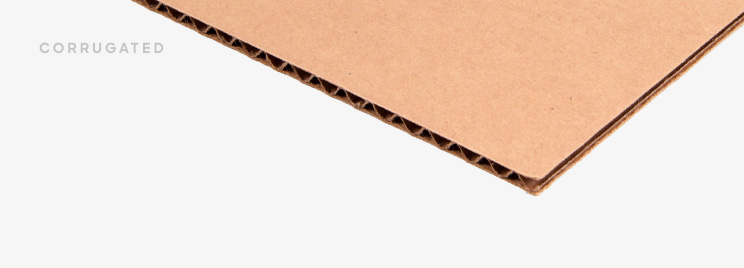
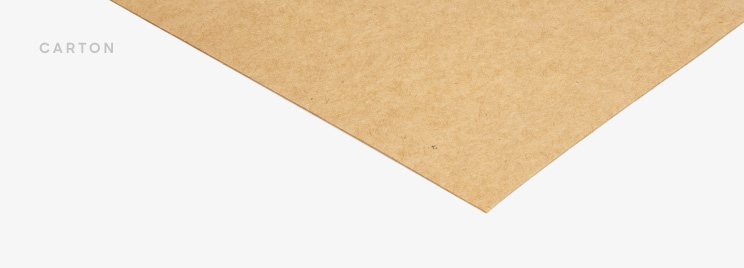
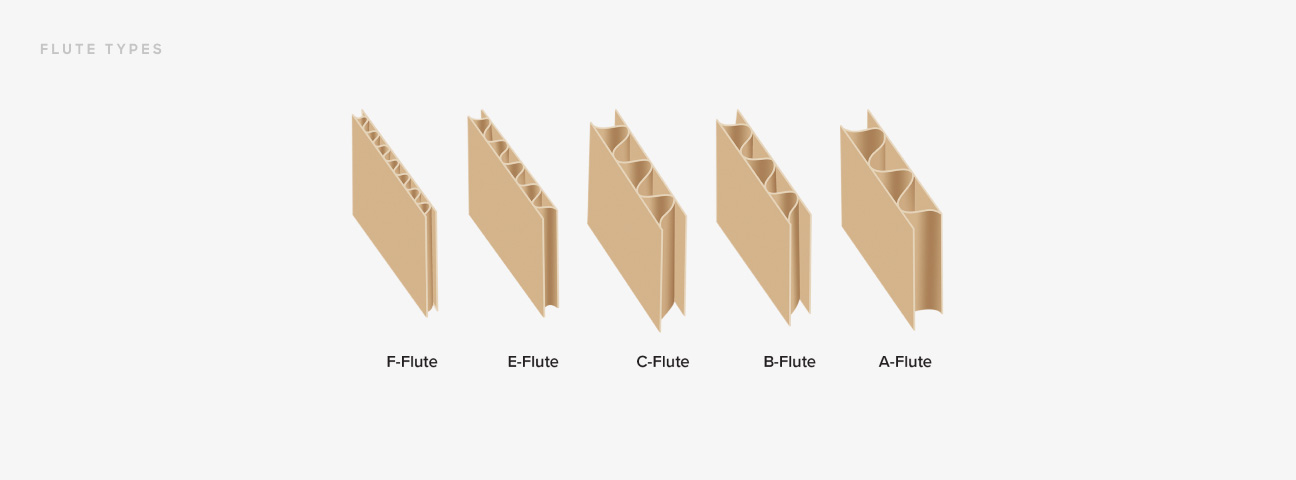
What are corrugated flutes?
Flute, also called corrugation, is used to strengthen or reinforce the cardboard that’s used in your packaging. They typically look like wavy lines which when glued to a paperboard, forms the corrugated board. Fluting in packaging gives your packaging the rigidity and helps withstand any crushing.
Flute Specifications
| Flutes Per Linear (ft) | Flute Thickness (in) | Flute Recommendation | |
|---|---|---|---|
| A-Flute | 33 ft ± 3 ft | 3/16 in | Thickest flute. Recommended for extremely fragile/delicate products. |
| B-Flute | 47 ft ± 3 ft | 1/8 in | Good stacking and crushing strength. Recommended for POP displays. |
| C-Flute | 39 ft ± 3 ft | 5/32 in | Good cushioning and stacking strength. Recommended for shipping glass or furniture. |
| E-Flute | 90 ft ± 4 ft | 1/16 in | Recommended for packaging retail or cosmetics. |
| F-Flute | 125 ft ± 4 ft | 1/32 in | Provides solid structure. Recommended for retail, cosmetics, jewelry and clothes. |
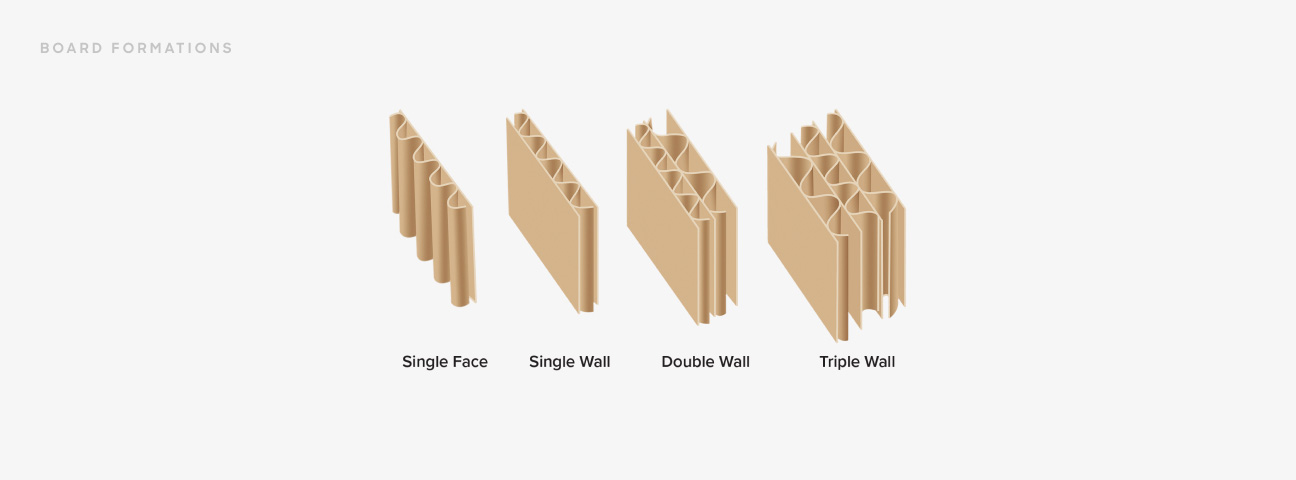
Corrugated Board Formations
Flute is categorized by thickness of paper being folded (fluting paper). This can range from single walled flutes, which are smaller flutes but provide better printability and foldability. Larger flutes, which are typically double walled flute and above, provide greater strength and cushioning, making them ideal for shipping.
| Best Suited For | Single Wave ± 1.5 to 4 mm | Double Wave ± 7 mm | Triple Wave ± 14 mm | Single Face ± 0.9 to 4 mm |
|---|---|---|---|---|
| Boxes up to 30 kg | ✔ | |||
| Boxes up to 70 kg | ✔ | |||
| Boxes up to 500 kg | ✔ | |||
| Fragile products | ✔ | ✔ | ||
| Bulk goods | ✔ | ✔ | ||
| Shipping by box | ✔ | ✔ | ||
| Pallet shipments | ✔ | ✔ | ||
| Export shipments | ✔ | |||
| Long-term storage | ✔ | |||
| Interior packaging | ✔ |
Liner Materials
Flute Materials
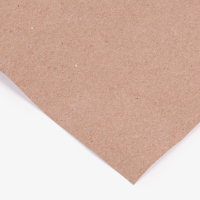
Semi-Chemical
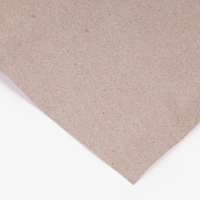
Waste-Based
Flute Shapes
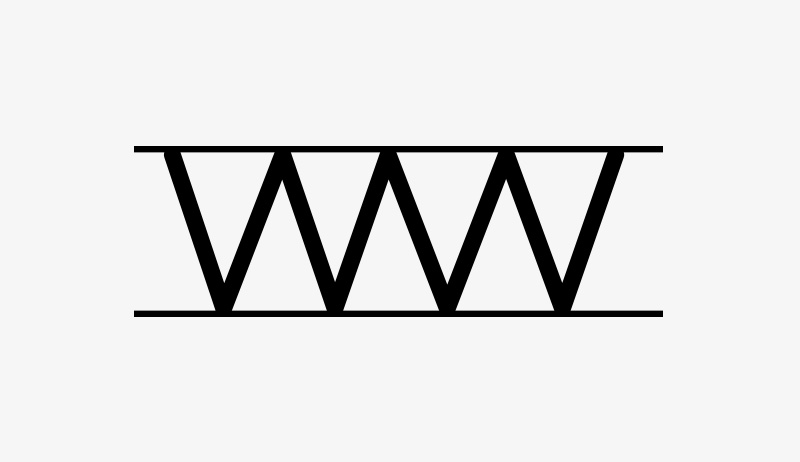
V-shaped
Made from less material and adhesive, V-shaped flutes have lower cushioning properties but provide adequate durability—ideal for non-fragile products.
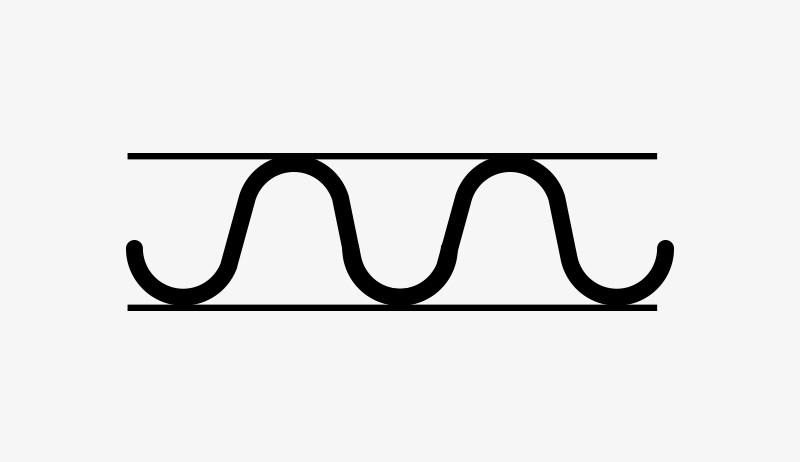
U-shaped
Made with a larger glue area for firm bonding and more elasticity, U-shaped flutes are less fragile than V-shaped flutes but provide less pressure strength.
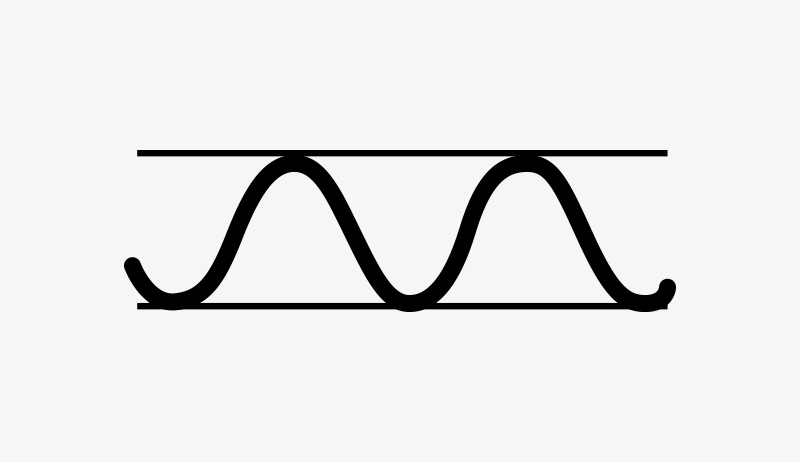
UV-shaped
UV-shaped flutes maintain strong pressure resistance, cushioning, elasticity, and firm adhesive strength to support heavier weighted products.


